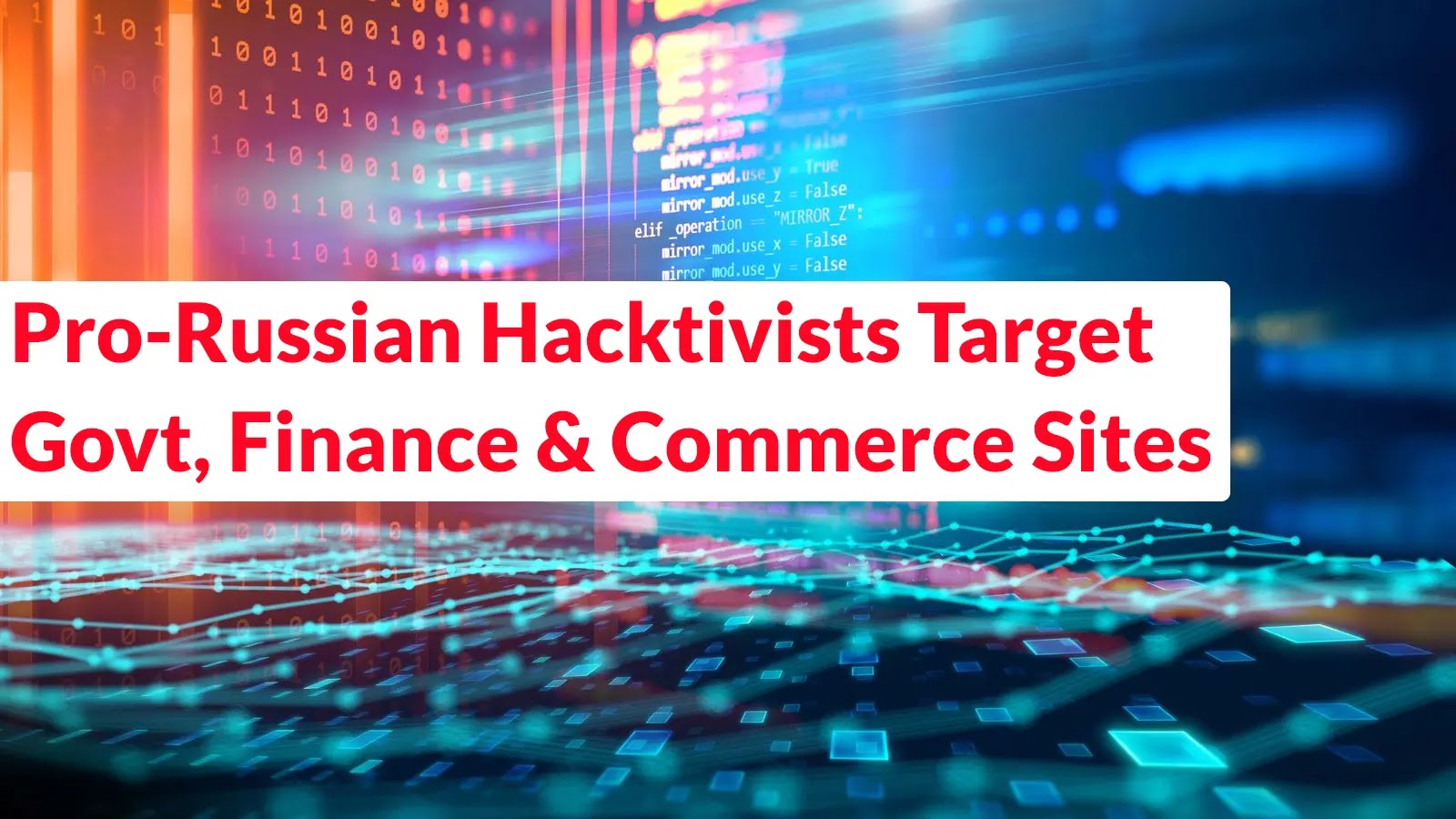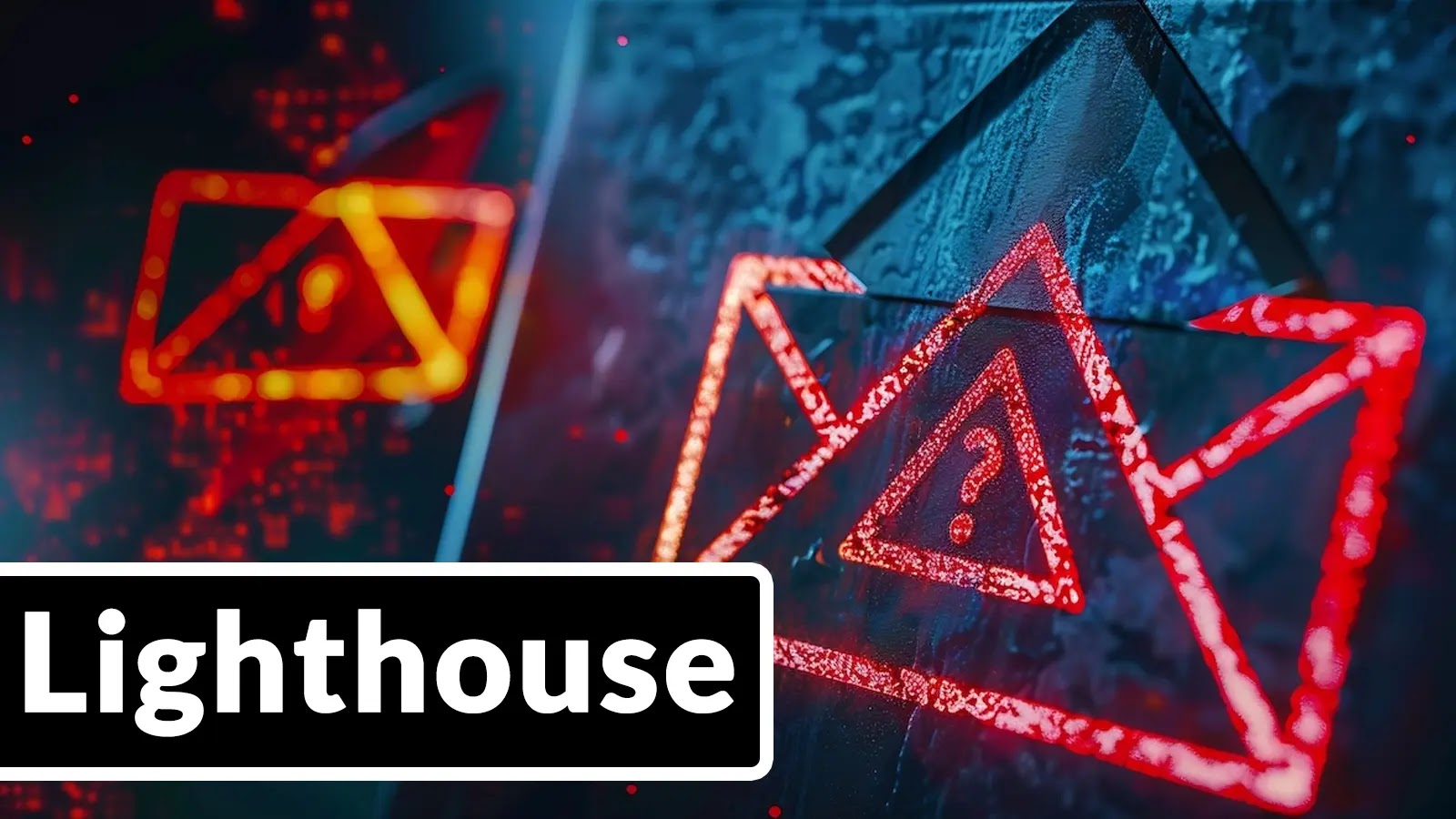In a significant escalation of cyber warfare, multiple hacktivist groups have launched coordinated attacks targeting government portals, financial services, and online commerce platforms across Israel and its allied nations. This campaign, meticulously timed around the October 7 anniversary, showcases an unprecedented level of organization and cross-ideological collaboration among geographically dispersed threat actors.
Surge in Cyber Attacks
The campaign reached its zenith on October 7, 2025, recording over 57 distributed denial-of-service (DDoS) attack claims in a single day—a staggering 14-fold increase from the daily average observed in September 2025. This surge underscores the strategic planning and execution capabilities of the involved groups.
Key Players and Collaborative Efforts
Several prominent hacktivist collectives spearheaded this offensive. The Arabian Ghosts led the charge, claiming responsibility for over 40% of the attacks. Supporting factions included Keymous+, OpIsrael, and notably, NoName057(16)—a pro-Russian hacktivist collective. The involvement of Russian-aligned actors in a predominantly pro-Palestinian campaign highlights the evolving dynamics of cyber warfare, where shared adversaries can unite hacktivists from diverse ideological backgrounds, resulting in more resilient and far-reaching cyber coalitions.
Strategic Targeting and Impact
The attackers demonstrated a calculated approach to maximize public impact. Government websites bore the brunt of the assaults, followed by financial institutions and online commerce platforms. Beyond these primary targets, the campaign extended to sectors such as education, healthcare, manufacturing, and retail, each accounting for approximately 7% of the total attack claims. This opportunistic target selection suggests a deliberate strategy to amplify perceived operational success and disrupt critical services.
Propaganda and Coordination Mechanisms
The campaign’s success was bolstered by sophisticated propaganda and coordination infrastructures. Threat actors utilized Telegram channels and social media platforms as real-time command centers. Groups like Sylhet Gang functioned primarily as propaganda orchestrators, leveraging their extensive social media presence to amplify calls for coordinated action and mobilize affiliated networks. The temporal correlation between public mobilization messages and subsequent attack waves underscores the strong organizational capabilities within the hacktivist ecosystem.
Advanced Attack Infrastructure
The technical architecture of the campaign revealed advanced coordination capabilities. Threat actors implemented multi-layered verification systems to substantiate their claims, consistently sharing check-host verification links as proof of successful disruptions. This transparent accountability mechanism enhanced credibility within hacktivist communities and represented a significant evolution from previous campaigns, where claims often lacked substantive technical evidence.
Geopolitical Implications
NoName057(16) extended its operations beyond Israeli targets, conducting simultaneous attacks against German infrastructure while labeling Germany as pro-Israeli in its messaging. The group’s DDOSIA volunteer network facilitated crowdsourced attack capabilities, demonstrating how legitimate volunteering frameworks can be repurposed for coordinated cyber operations. Historical analysis of NoName057(16) operations shows consistent patterns of leveraging major geopolitical flashpoints to amplify visibility and reinforce ideological narratives.
Conclusion
The recent surge in coordinated cyber attacks by pro-Russian hacktivist groups underscores the evolving landscape of cyber warfare. The collaboration between ideologically diverse groups, the strategic selection of high-impact targets, and the sophisticated use of propaganda and verification mechanisms highlight the need for enhanced cybersecurity measures. Organizations, especially those in critical sectors, must remain vigilant and proactive in fortifying their defenses against such multifaceted threats.



